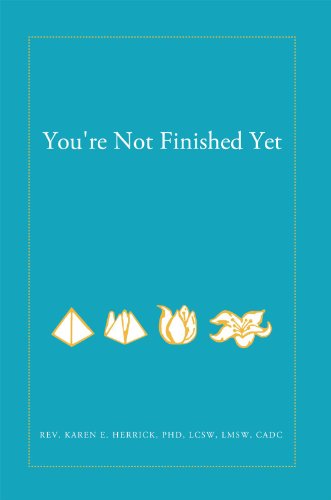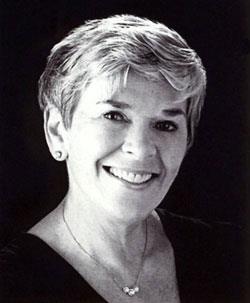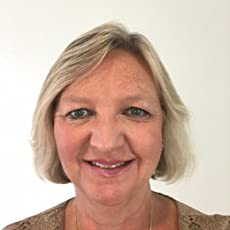Todd sat across from me late in the afternoon for a french tip and fries after most people had returned to their workplaces. He was telling me his story about alcoholism. We’d only known each other for a week, and this was our first date. I listened intently.
I noticed that he was different than many people I had heard speak about their recovery process. He was in complete acceptance that alcohol had no place in his present life. None and done. He didn’t miss it, relish it, long for it, fantasize about it, complain about it — none of that. He had broken off his relationship with alcohol and he wanted me to know about it.
Of course, I wanted to write it all down! I heard a book spewing out of him.
We continued to see each other often, and I encouraged him to share his story every chance he got: “Tell bits and pieces to anyone you trust. Watch their face. Pay attention to their questions. This will help you own your story.”
“What story?” he asked me.
“The book within you.”
“A book? Really?” And then he followed up with, “I have always thought there might be a book in me, somewhere.”
Some of us are more excited to share our stories. Some of us are timid or scared that people in the story will read it and be offended. For certain, people can take offense even if you look at them wrong let alone feature them in your book.
But it is still important to share your story with those in your life who you deem as safe. It’s an excellent place to start, and It helps you know your true story even better. Later on, you can decide what stays in your public story and what you choose to edit out. When you know the difference between the two, you’ve got the bones of a manuscript!
I was especially moved by Todd’s early memories of alcohol recovery, which we updated and placed in the very beginning of his book. I remembered him sharing bits of it on our first date, and I must say, he had my complete attention. Here’s the book version:
I was raised to be a man’s man, a strong farm hand, and basically an ordinary tough guy. My Dad influenced me powerfully. He grew up in a masculine world in middle America where he was a big football fan and raised to be a corn farmer. He coached me in football, baseball, basketball and soccer when I was a just a kid. If I got hurt while playing, I was told, “Shake it off!”… And, “Big boys don’t cry!” Every injury was met with another chance to be tough as nails. These messages were hammered into my brain and my body. Consequently, I became completely closed off from my feelings.
This was one of my first agreements in life: Real men don’t feel. I didn’t like it, but it was a concept straight from my dad, and it was all he knew. The boy scouts enforced it even more, and later came the game of hunting wild animals – something I was not keen on – but these messages came from men I looked up to. They were teaching me how to be a man’s man, as this was all they knew.
I was only 11 when my uncle introduced me to booze and I liked it! I liked the way it made me feel. I drank so much I got super intoxicated. As the days pressed on, I could count on my uncle feeding this magic stuff to me and every time, I had the same reaction; I felt great! Alcohol gave me the permission to feel superhuman! This was the stuff, man!
Up until now, the only feelings I ever saw a man express was anger. I noticed that when men got angry, they got their way. It worked for me, too. I could throw a tantrum and get what I wanted. At age 12, my folks divorced and I spent a lot of time feeling really upset. The only other option I knew was to numb out and try to feel nothing at all. So now I had a new agreement: I could feel angry or I could add a little alcohol and feel good. Every chance I got, I chose the latter.
Not a bad start! And it is only the very beginning of his story. We sat down and crafted this one day to get his book rolling.
And then we wrote more, and talked more, and wrote more.
And at some point, the confusion of what to say became clear, and the feeling of fear turned to utter excitement. There are many phases, decisions, and re-working that needed to take place so that his story could be offered to a public audience with care.
Todd was overjoyed to see his words — his survival story — become a book. I literally cried tears of joy. It took time and attention and commitment. But I won’t say it was hard — it required dedication and focus, and there were many times when we laughed.
The process helped me build my business and brand: I help people write their books. I’d love to help you.
Your true story is always about you, even though there were other important people. That story you lived through has made you, changed you, shaped you, saved you, delivered you, and allowed you to be in this world, present and available. Just think what that story could do for others.







Quick Links to our Social Media Sites